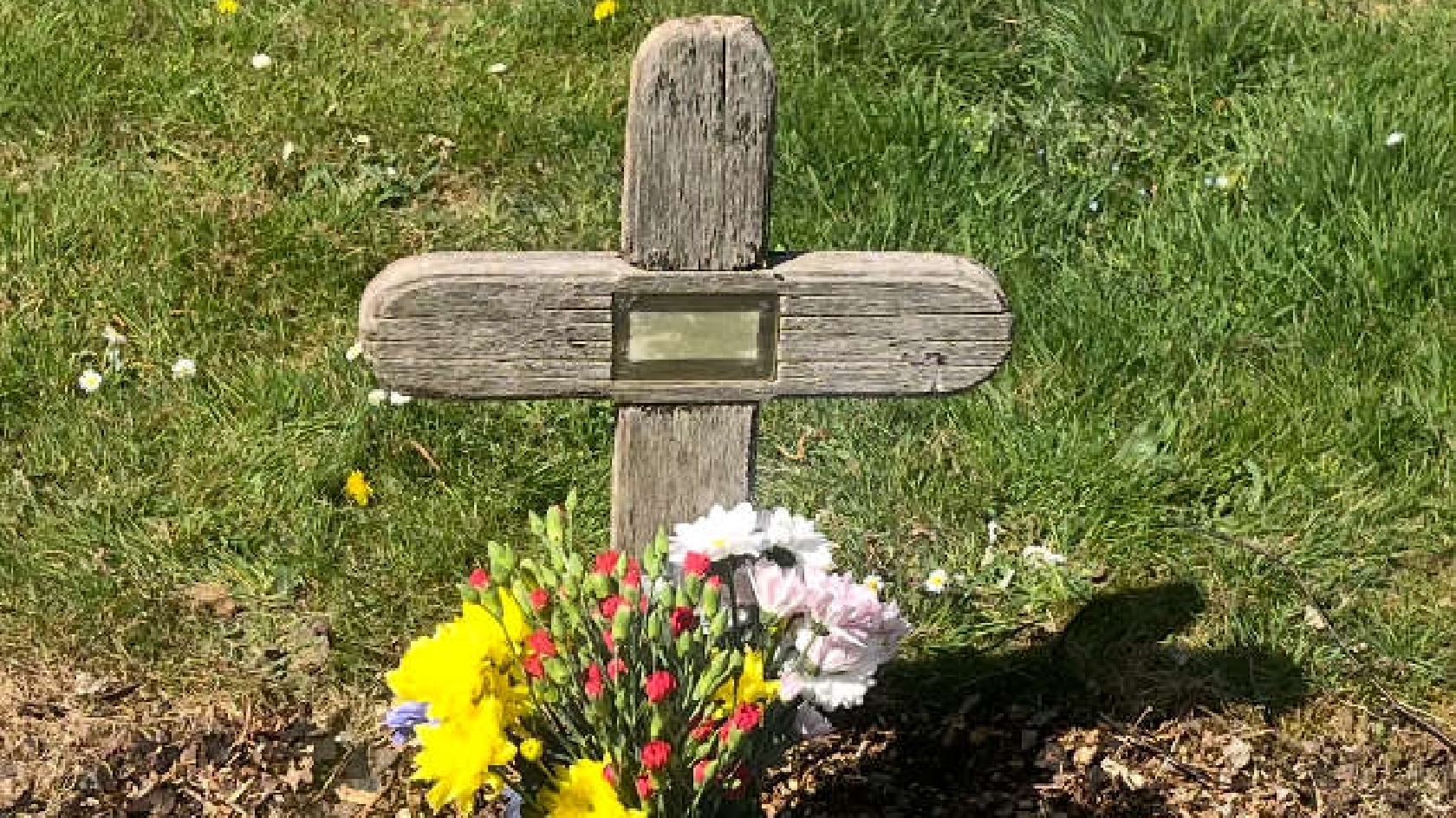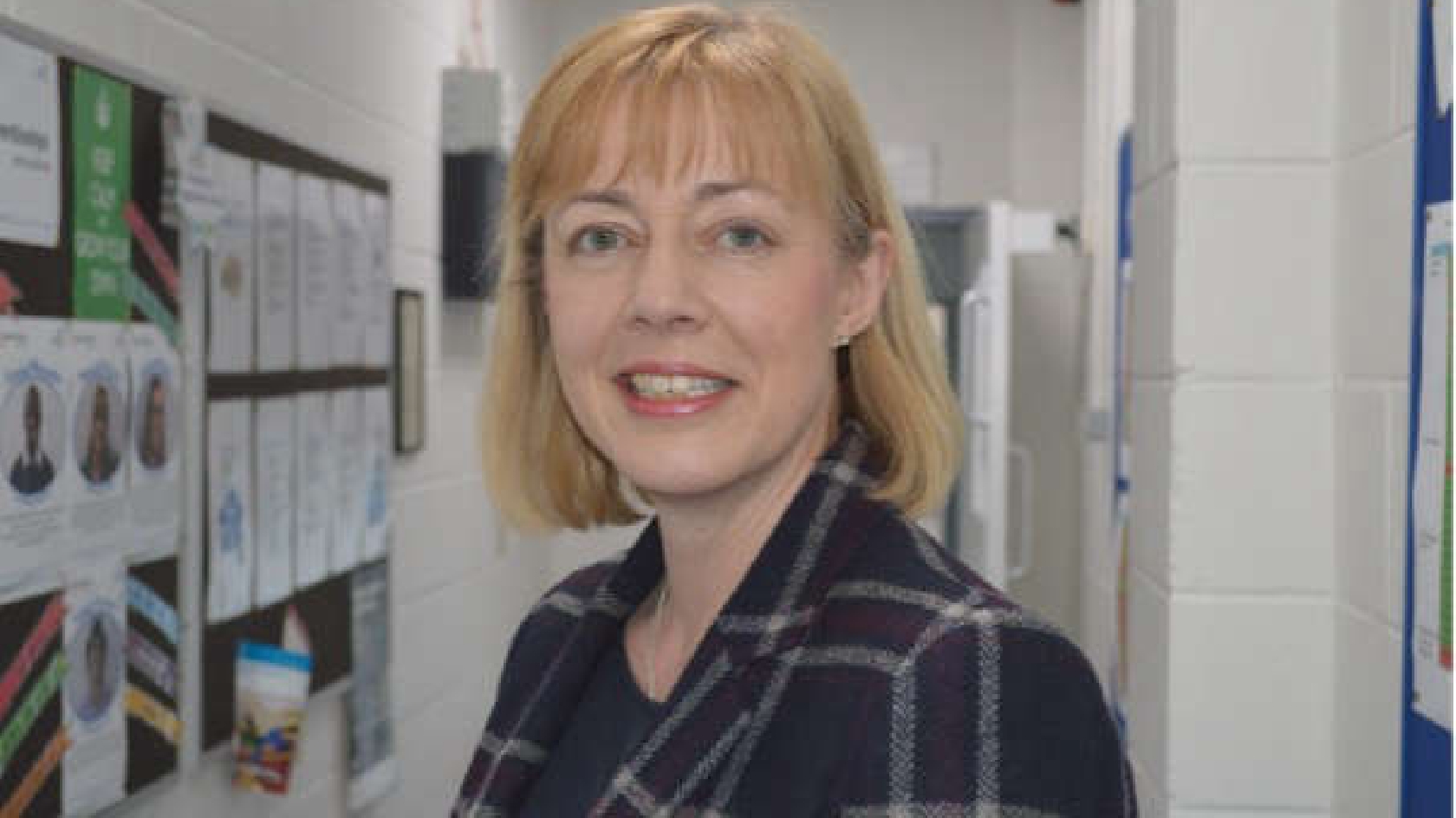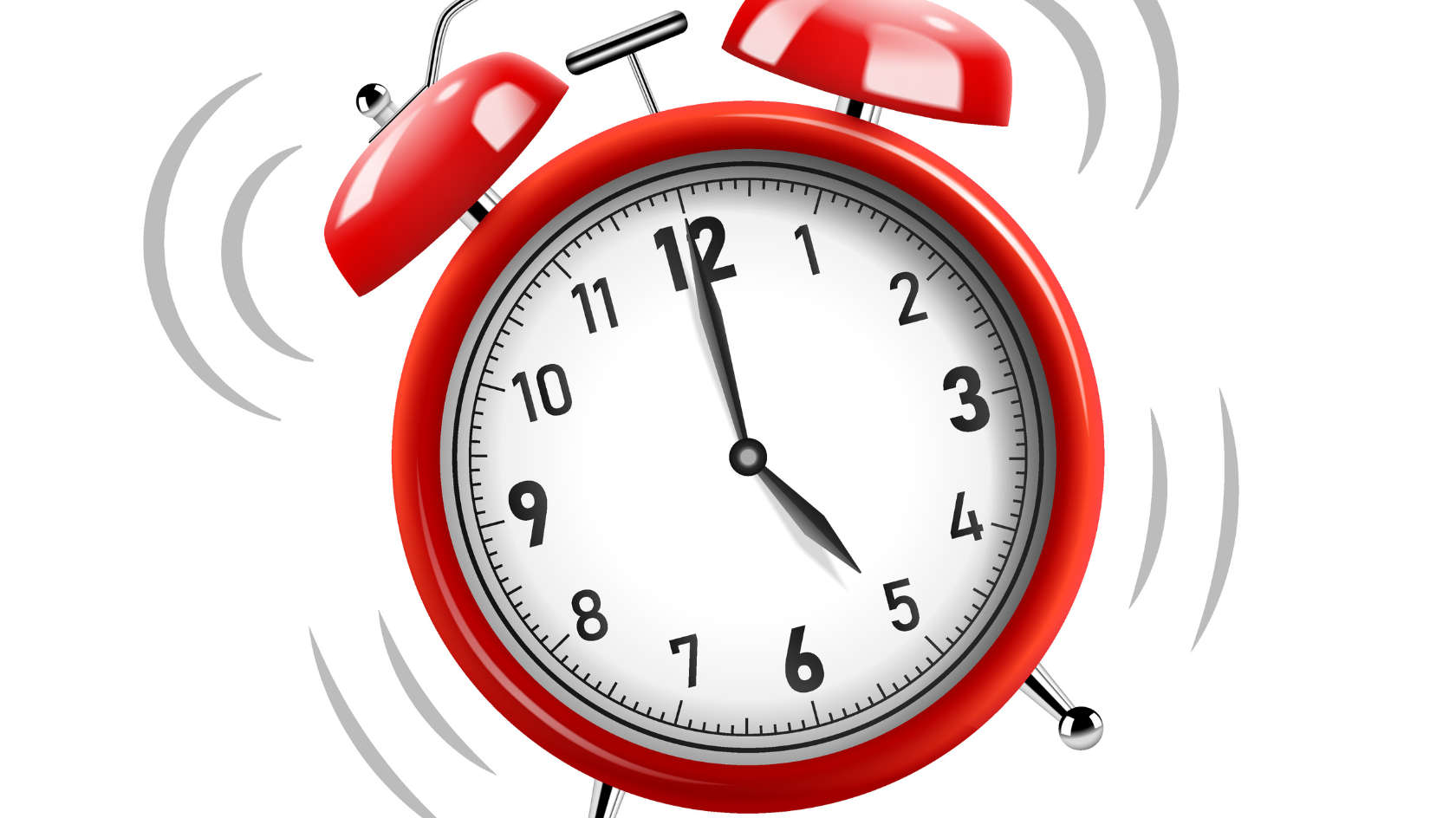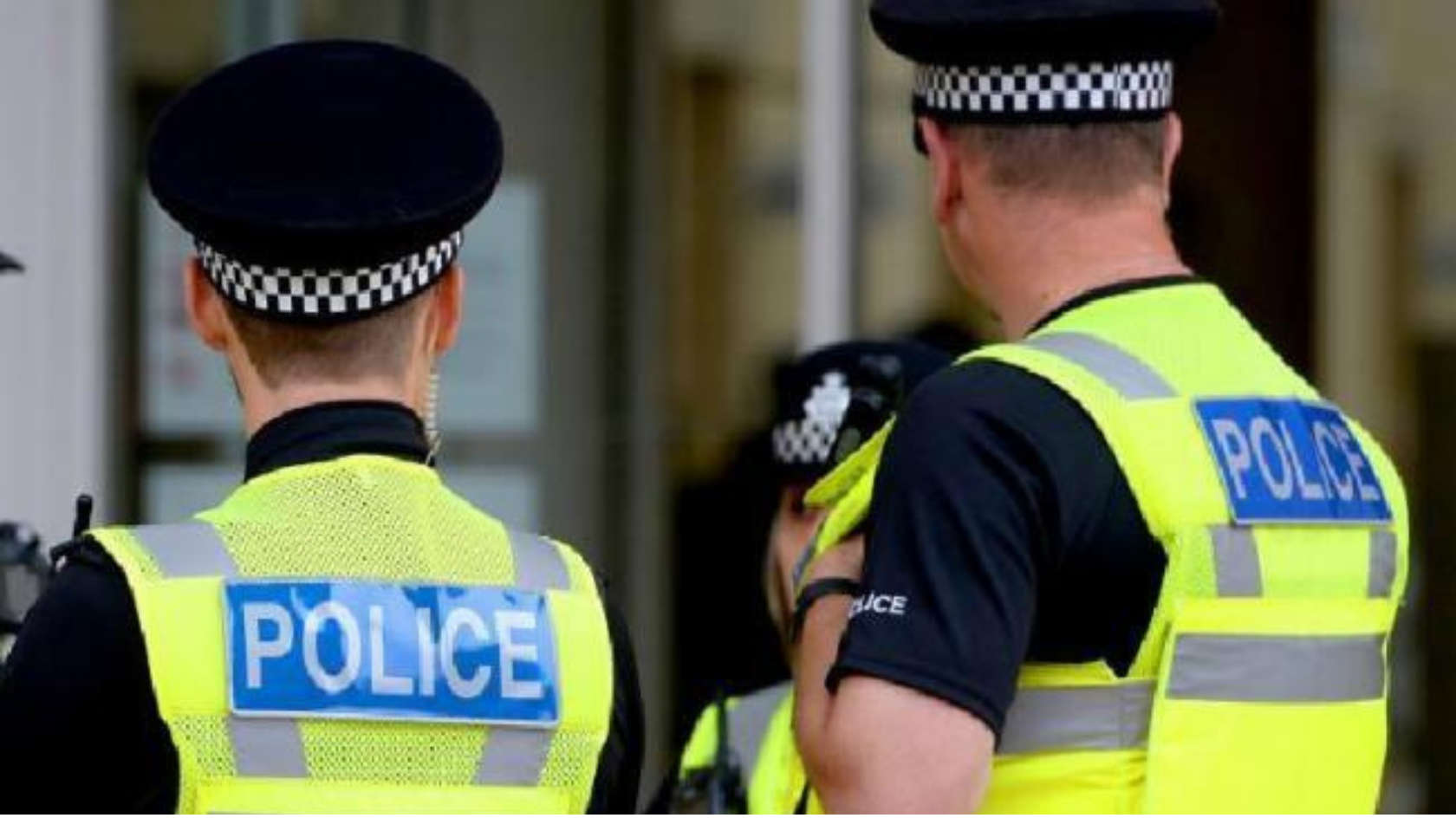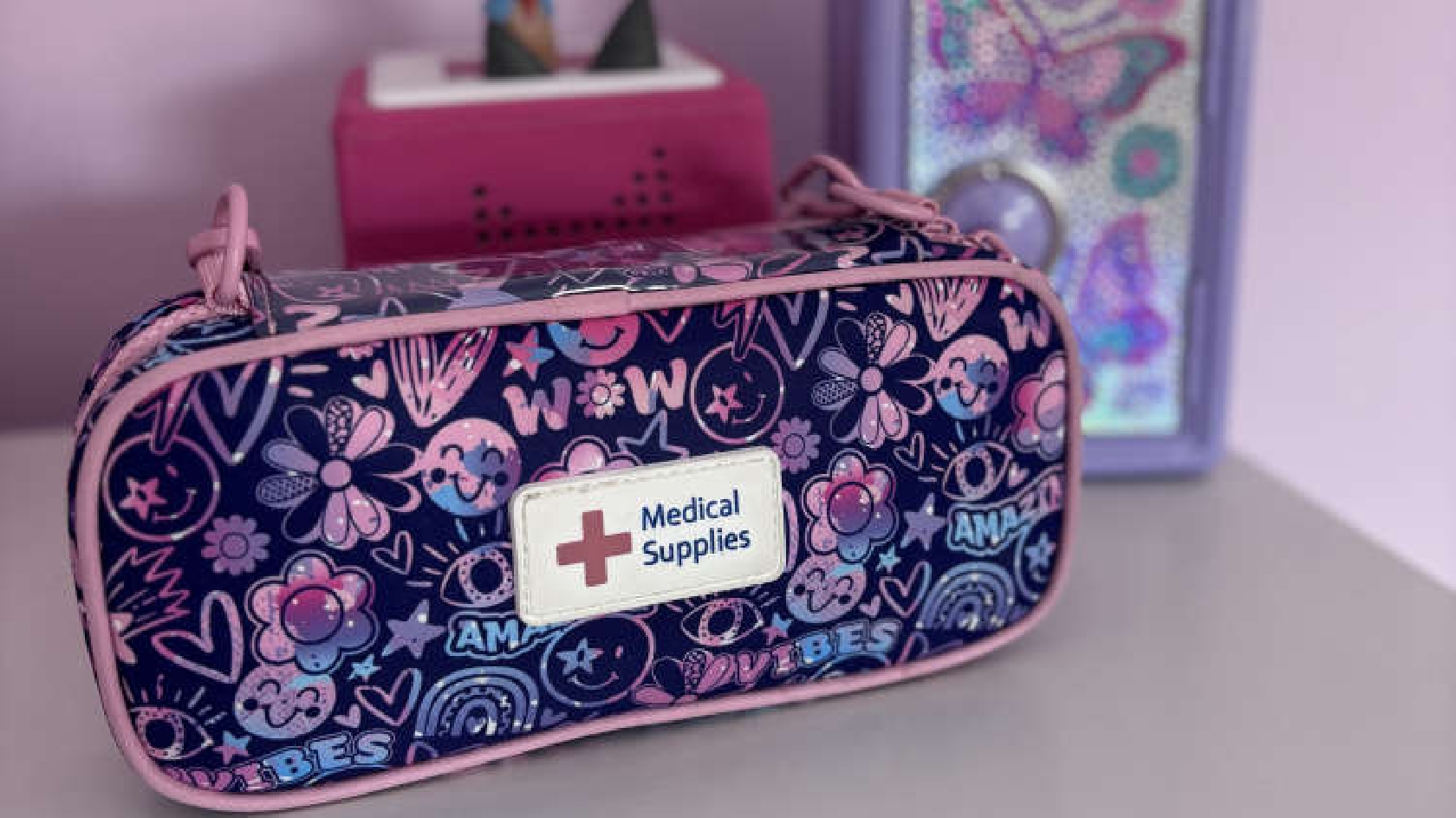
Around 150 people in Milton Keynes have been kept out of hospital so far this year, thanks to the introduction of an innovative new Virtual Ward (Hospital at Home) project which allows them to live in their own home whilst their condition is monitored and treated.
It’s a new scheme which, as it continues through the winter months, will help the NHS to keep beds free for those who most need inpatient care.
The scheme has so far been used for patients with three types of condition – frailty, respiratory conditions and cardiology – and means that they can stay at home whilst receiving the care they need. A medical consultant reviews their condition every day, and can plan their care needs without needing to be on the ward.
The so-called ‘virtual wards’ support patients, who would otherwise be in hospital, to receive the acute care, remote monitoring and treatment they need for a short duration of up to around 14 days. Patients can receive video consultations to enable personalised support, as well as face-to-face clinical visits.
In addition to the numbers who have avoided admission to hospital, a further 140 patients in Milton Keynes have been discharged from hospital sooner than expected, due to the flexibility offered in the rehabilitation process.
Dr Victoria Alner, consultant geriatrician at Milton Keynes University Hospital NHS Foundation Trust, said: “These are patients who would otherwise be in hospital if this service did not exist. We are able to treat their medical conditions and amend their medication as required, whilst monitoring their progress with face-to-face clinical assessments, blood tests and remote monitoring where appropriate. Most people don’t enjoy being in hospital, so Virtual Ward (Hospital at Home) means that they can enjoy all their home comforts, often including the company of family, friends or pets, whilst they recuperate.
“A consultant is able to monitor around 15 patients in the Virtual Ward (Hospital at Home) in addition to their caseload in the hospital, but we expect this number to rise as we get used to this new way of working.
“It’s safe and effective, and the feedback from patients is overwhelmingly positive. Patients tell us that virtual wards support choice and personalised care. Evidence from all over the UK shows that this model of care has reduced attendance at accident and emergency departments, in addition to cutting hospital admissions.
“Most patients who have been able to take advantage of the new arrangement are older people, but we are looking at ways to extend the programme to include other conditions and care needs, as part of a national plan which has already provided over 240,000 people with NHS care at home.”


